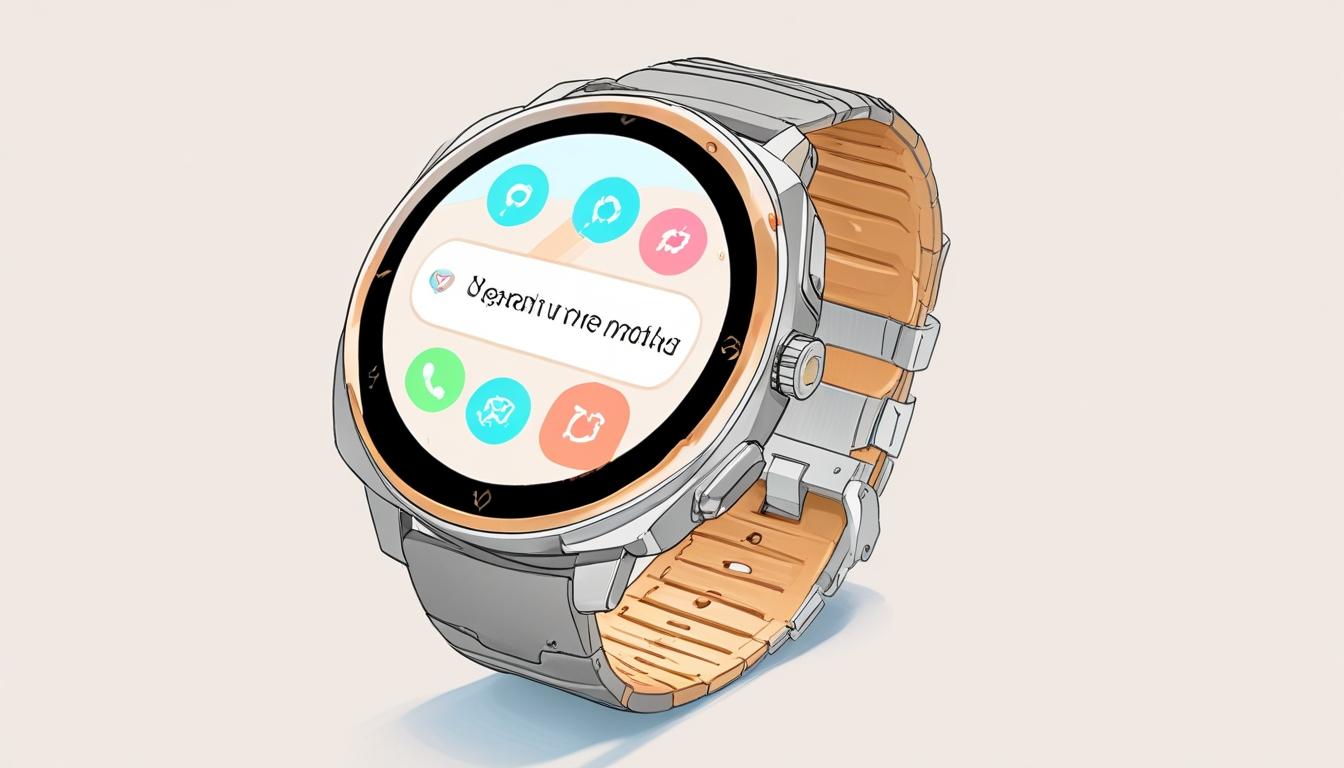Google is set to introduce a significant upgrade to its Wear OS smartwatches, with Gemini AI poised to replace the existing Google Assistant on these devices later this year. This development was confirmed by Sundar Pichai during Google's Q1 2025 earnings call.
Pichai detailed that the rollout of Gemini AI will extend beyond smartwatches to include phones, tablets, cars, and headphones. The initiative aims to enhance user interaction through more advanced artificial intelligence capabilities than those currently offered by Google Assistant.
While specific timelines and intricate technical details remain undisclosed, the upgrade promises a smarter and more context-aware system. Users can anticipate their smartwatches handling more complex requests, delivering proactive suggestions, and offering richer, activity- and location-based interactions.
Given the hardware constraints of smartwatches, such as limited memory and processing power, it is expected that Google will deploy a lighter version of Gemini on these devices. This approach would allow for some AI processing locally on the watch to achieve quicker responses and improved battery life, while more demanding tasks would be managed via the cloud. This hybrid method mirrors the current AI service management on Google’s Pixel smartphones.
Users might also see an evolution in the user interface and interaction style. The voice commands, which are currently basic and primarily functional, could transform into a more fluid conversational experience with Gemini. Features may include interactive visual cards, smarter reply options, and faster access to essential applications such as health, fitness, and navigation.
Hardware compatibility could affect the rollout, with older Wear OS watches potentially being excluded or receiving a limited iteration of the Gemini AI upgrade. Conversely, devices equipped with newer chipsets are expected to handle the enhanced AI features more effectively.
Overall, Gemini AI's integration into Wear OS devices represents a significant step toward a more intelligent and personalized smartwatch experience. It aims to improve the role these devices play as personal assistants on users’ wrists, with the key challenge resting on balancing functionality with speed and efficiency.
Source: Noah Wire Services
